
When 21-year-old Ali Mohammed al-Nimr's first trial session was held in Saudi Arabia after his arrest on 14 February 2012, he called up his family and asked them the meaning of Haraba. Ali, then 17, was not able to understand the charges laid against him by the court.
To clarify here, Haraba or brigandage is a criminal offence listed in Sharia. Anyone charged with the crime is subjected to death penalty for waging war against Allah and the Prophet (SAW) and by extension against the legitimate rulers of Islamic societies. However, there are certain conditions attached to it.
According to a sentence passed by Specialised Criminal Court in Jeddah on 27 May 2014, Ali will soon be executed for illegal protesting and gun possession. He will first be beheaded and then his body will be crucified to be kept on public display.
Who is Ali Mohammed al- Nimr?
Ali is the nephew of Shia cleric and activist Sheikh Nimr Baqr al-Nimr, who was himself jailed and sentenced to death on 15 October 2014. Sheikh met his end for his dissenting speeches against Saudi Arabia's ruling House of Saud dynasty, which has controlled the Arabian Peninsula since the 1930s.
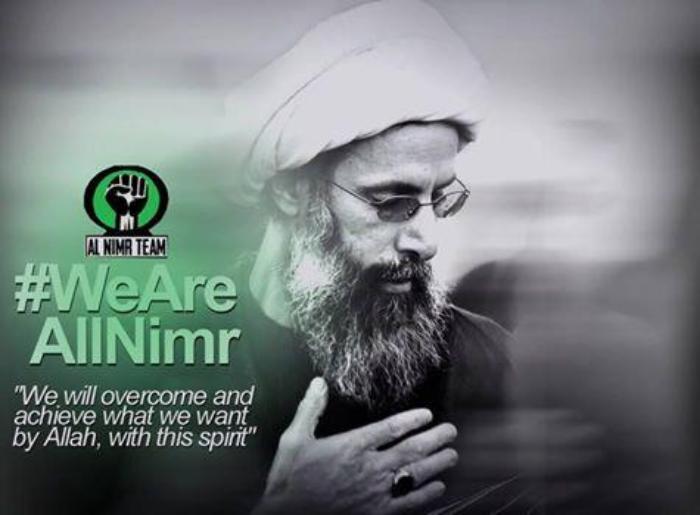
An online petition was also started to protest the execution of Sheikh Nimr al-Nimr. Photo: Facebook
Since 2011, Sheikh Nimr al-Nimr was being seen as a figurehead of the Shia minority protests in eastern Saudi Arabia, a region which has always been a thorn in the eye of the Saudi regime. The 2.7 million Shias residing in this part of the country are often portrayed as heretics or agents of Riyadh's major rival, Iran.
Shiekh was charged for 'encouraging foreign meddling' from Iran, and waging an armed resistance in Qatif, a city which became the hot-bed of protests followed by a massive crackdown by the Saudi authorities in the wake of the Arab Spring. However, the Amnesty International claimed that the charges against Shiekh were deeply flawed.
A politically motivated death?
According to Amnesty, the charges against Ali (which include the demonstrations against the government, attacking the security forces, possessing a machine-gun and armed robbery) are based on the confessions which Ali has said were extracted under torture and other ill-treatment. However, these allegations were not investigated.
Reprieve, a British legal aid group said that Ali was arrested without a warrant, held in jail and not allowed to speak to a lawyer. 'A closed appeals process - which he was not invited to and occurred without his knowledge - dismissed any remaining possibility that the nation's legal system would prevent his biblical execution'- mentioned Reprieve.
The activists having been calling the verdict as 'political'. His execution is being connected to the regime's dislike for his uncle, as well as the ongoing crackdown against Shia activists in the east of the country, which has gone largely unreported due to heavy restrictions on both the local and international media in Saudi Arabia.
Ali's death sentence, after being upheld by the SCC and by the Supreme Court, is now awaiting a ratification from the Saudi King Salman Abdul Aziz. .
The bigger debate around capital punishment
The legal system of world's last absolute monarchy has always been dubbed as arbitrary and unjust. According to Amnesty International, Saudi Arabia has one of the highest execution rates in the world.
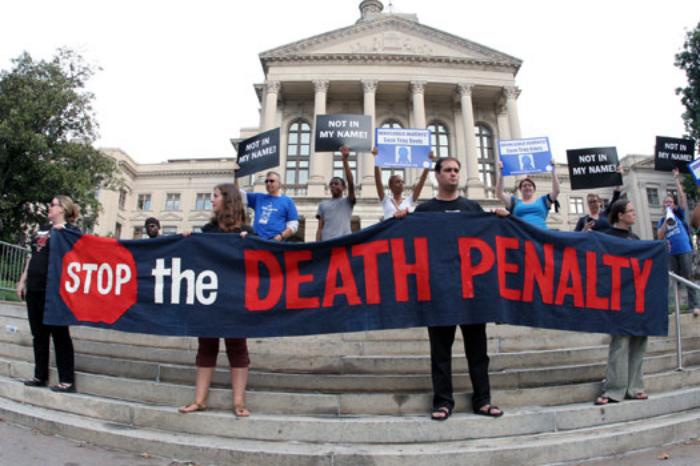
Photo: Facebook
While most of the nations across the world have parted ways from capital punishment, the gulf nation has moved towards the opposite direction. The kingdom recently made headlines after the Ministry of Civil Service posted an official notice seeking qualified executioners.
The treatment of al-Nimr has, however, inflated the debate around the capital punishment further.
According to Reprieve Press officer Alice Gillham, Ali's death demonstrates the fault lines of official Saudi tolerance. "People in Saudi Arabia are often tortured into confessions or had unfair trials. It's pretty shocking that this person was convicted as a juvenile and is now set to be executed," said Gillham.
On the other hand, the Shia factions, which are under shock over the punishment, have said that the sentence will very much reduce the credibility of the state among Shiites.
Meanwhile, the internet is protesting against the planned execution, under the hashtag #FreeNimr.


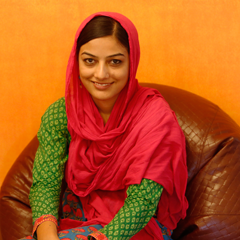
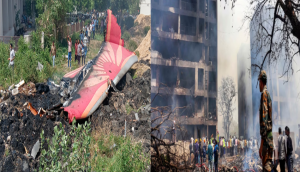
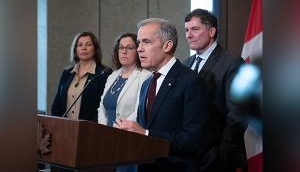



![BJP's Kapil Mishra recreates Shankar Mahadevan’s ‘Breathless’ song to highlight Delhi pollution [WATCH] BJP's Kapil Mishra recreates Shankar Mahadevan’s ‘Breathless’ song to highlight Delhi pollution [WATCH]](https://images.catchnews.com/upload/2022/11/03/kapil-mishra_240884_300x172.png)

![Anupam Kher shares pictures of his toned body on 67th birthday [MUST SEE] Anupam Kher shares pictures of his toned body on 67th birthday [MUST SEE]](https://images.catchnews.com/upload/2022/03/07/Anupam_kher_231145_300x172.jpg)






